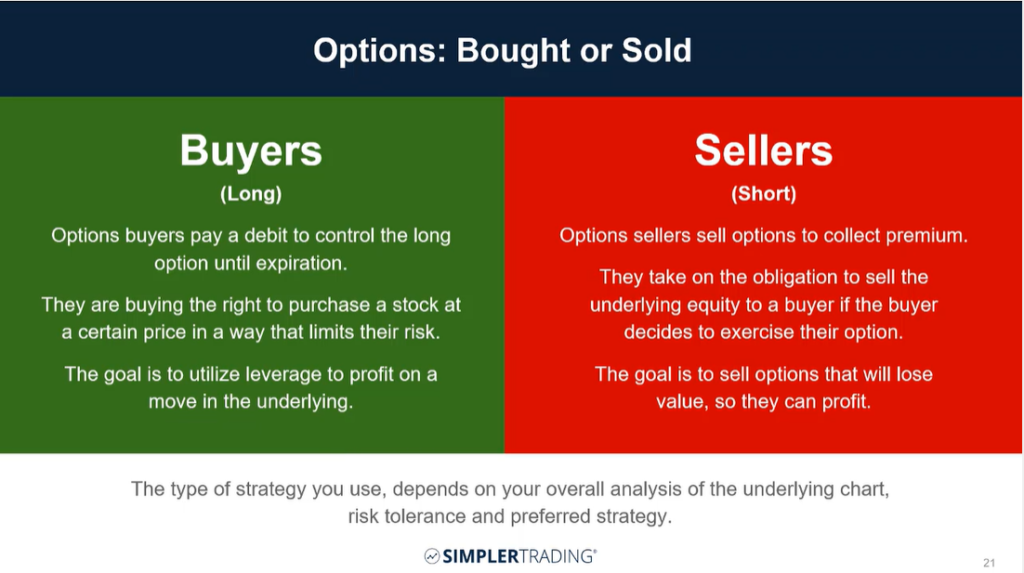What Is A Call Option?
A call option is a financial contract that gives the contract buyer the right, but not the obligation, to buy a stock or commodity at a specified price during a specific time period. The stock or commodity would be referred to as the underlying asset.
A call option is the opposite of a put option, which gives the buyer the right to sell the underlying asset at a specified price during the specified time period.
How Do Call Options Work?
If you buy a call option contract on shares of a publicly traded company, the contract will give you the option to buy 100 shares of that company at a specific price, known as the strike price, until the contract’s expiration date. The price paid for the contract is known as the premium.
Speculation
Buying a call options contract allows the holder to potentially make profits on the underlying stock through price appreciation for a fraction of the cost of owning the shares. Buying call options has unlimited profit potential and limited downside potential.
Hedging
Large institutions such as investment banks and hedge funds use call options to hedge against potential losses to their portfolio. If a hedge fund expects volatility in the stock market, it may buy or sell call options contracts to offset potential losses incurred from volatility.
Call Option Example
For example, a trader expects Tesla (TSLA) to increase in price following an earnings announcement, from $700 to $750. The move is expected to happen within the next two weeks. The trader buys one call option contract on Tesla at the $700 strike price, with 1-month expiration. The premium paid for this contract is $1,000.
Because an options contract controls the movement of 100 underlying shares, the break-even price for this contract would be $710. Tesla will need to move higher than $710 to offset the contract cost.
If Tesla grinds higher to $750, the call option contract will be worth $40 per share or $4,000, which is the difference between $710 and $750.
If you bought this options contract, you would risk $1,000 to make $4,000.
Long Call Options vs. Short Call Options

Long Call Options
A long call option means you’re long on the underlying asset. Essentially, if you have purchased a call option, you expect the underlying asset to increase in price. The call option contract will reserve the right to purchase the stock or commodity at a previously agreed-upon price. The profit potential is unlimited as the underlying asset can theoretically continue to increase in price. The risk with a call option is limited to the premium paid for the contract.

Short Call Options
A short call option is the exact opposite of a long call option. A short call means selling a call options contract. It is a promise that the seller of the contract will sell their shares of an underlying asset at the strike price agreed upon. Selling call options is a strategy used by investors or traders who already own the underlying asset. This strategy, covered calls, is used to generate income by selling contracts against shares in your portfolio.
If a trader is selling call contracts against stocks in their portfolio, they expect the stock to stay neutral or to decrease in value. If a call contract is sold without ownership of the underlying asset, this is called a naked call.
Selling naked calls is risky as it has limited upside potential and unlimited downside potential. Selling call options can also be used in other strategies, such as a vertical credit spread, where you are both buying and selling calls or puts simultaneously.

In Conclusion
Call options, both long and short, can be used in different market conditions to hedge existing shares or profit from speculation in the underlying asset’s movement.
